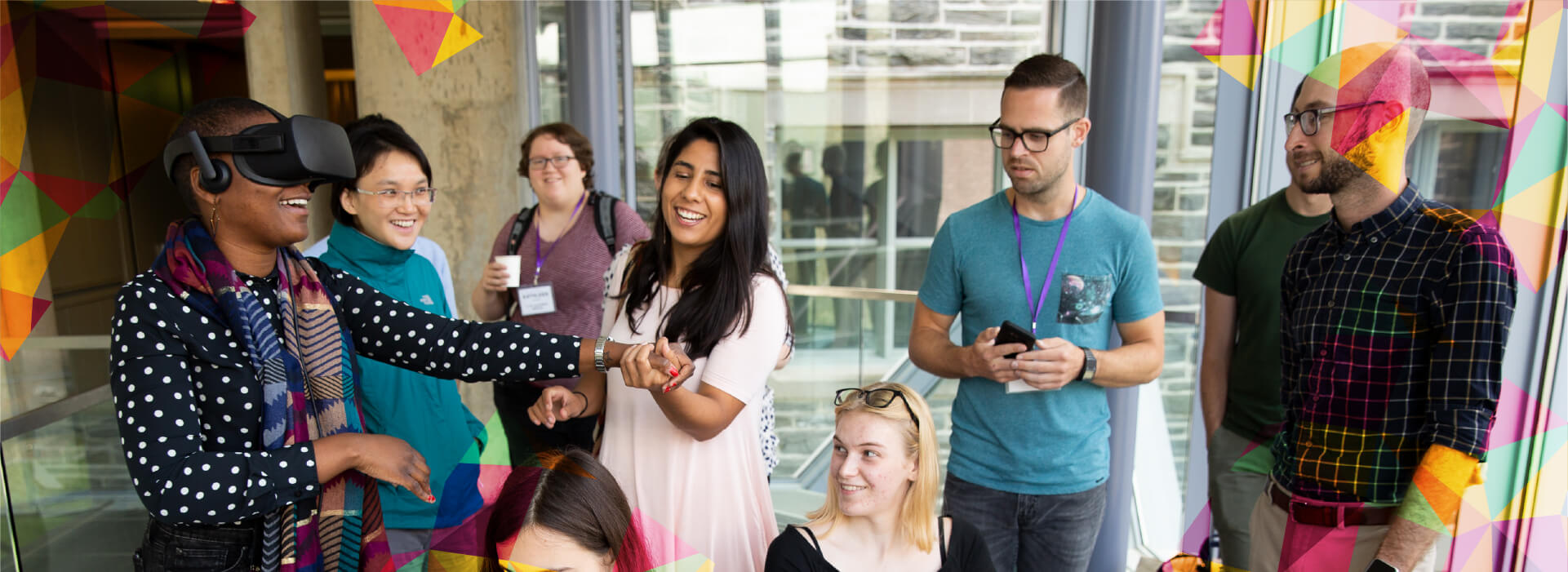
Between 2004 and 2024, the CLIR Postdoctoral Fellowship Program offered recent Ph.D. graduates the chance to develop research tools, resources, and services while exploring new career opportunities in libraries and other academic and cultural organizations.
Fellows worked on projects to forge and strengthen connections among collections, digital technologies, and current research. Their fellowships and subsequent careers have helped inform CLIR’s programming related to digital libraries, special collections and archives, research, and outreach to new communities.
Collected on these pages are some of the achievements of the 221 fellowship alumni from the 18 fellowship cohorts who participated in the program.
Over the program’s history, fellows worked at 93 unique host organizations. Fellows came from more than 50 distinct academic disciplines, applying their research and teaching talents to enhance collections and services while acquiring skills in areas such as digital library development, archival practice, community outreach, and data and software curation.
For more about the program’s history, explore the “See Fellows’ Work” page and the CLIR publications about the program listed below. Although CLIR is no longer creating new fellowships through this program, CLIR staff continue to consult with library and cultural heritage leaders seeking to create new term-limited and permanent positions suitable for the skills of recent PhDs, especially when candidates may lack significant experience working in libraries. Copies of the internal guidelines created for CLIR’s former fellows and supervisors are available by request.
Publications about the program
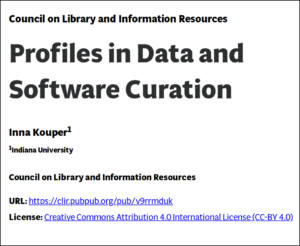
Profiles in Data and Software Curation
Profiles in Data and Software Curation (CLIR pub 190, 2023), by former fellow Inna Kouper, highlights the careers and achievements of former CLIR data and software curation fellows. Kouper interviewed eleven former data and software curation fellows who received fellowships between the years 2015 and 2018, talking to each about their fellowship experiences, their careers, and the challenges of data and software curation.
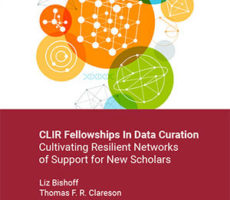
CLIR Fellowships in Data Curation: Cultivating Resilient Networks of Support for New Scholars
CLIR Fellowships in Data Curation: Cultivating Resilient Networks of Support for New Scholars (CLIR pub 186, 2023) summarizes the findings of a four-year program assessment undertaken by Liz Bishoff and Thomas F. R. Clareson. The evaluation not only considers the impact of CLIR’s fellowship program but also opens up new horizons for organizations aspiring to create dynamic short-term project-based employment opportunities within academic and cultural heritage spheres while nurturing new talent.
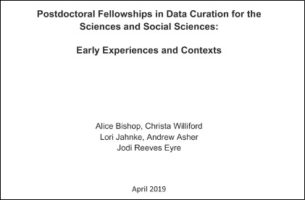
Postdoctoral Fellowships in Data Curation for the Sciences and Social Sciences: Early Experiences and Contexts
Postdoctoral Fellowships in Data Curation for the Sciences and Social Sciences: Early Experiences and Contexts (2019) is a collection of three short papers documenting the experiences of the earliest CLIR fellows in data curation. These fellowships were made possible with the support of the Alfred P. Sloan Foundation. The authors of these papers describe how these fellowships were created, the work fellows undertook, and the changing employment market in library-based data curation that coincided with this period.

The Process of Discovery: The CLIR Postdoctoral Fellowship Program and the Future of the Academy
The Process of Discovery: The CLIR Postdoctoral Fellowship Program and the Future of the Academy (CLIR pub 167, 2015) celebrates the first decade of CLIR’s Postdoctoral Fellowship Program by bringing together 20 past and present fellows to share their thoughts on their experiences and, more broadly, on the direction of academia.
Featured Projects & Publications

Curated Futures Project: The Third Library is Possible
These collaborative projects not only speculate about aligning academic libraries with social impact, but they also provide demonstrative examples in a variety of mediums including podcast conversations, gamifying digital humanities, and mapping visualizations.
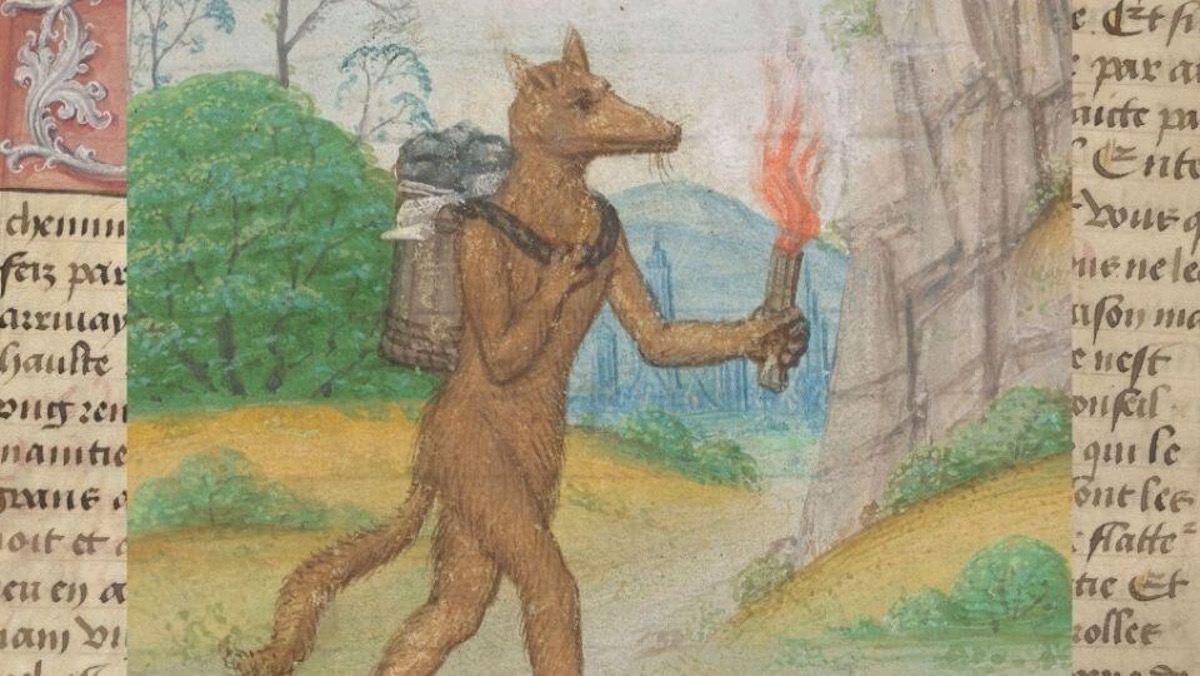
A Splendid Torch: Learning and Teaching in Today’s Academic Libraries
Six essays, written collaboratively by current and former CLIR postdoctoral fellows, explore the contributions that today’s academic libraries are making to learning and teaching. Topics include the continuing evolution of the learning commons, information literacy instruction, digital humanities teaching in libraries, spatial literacy, collaboration in digital special collections, and 3-D printing and pedagogy.

Capacity Assessment of Latin American and Caribbean Partners: Report of Symposium and Recommendations
In April 2020, the authors, CLIR fellows in the second cohort of Data Curation for Latin American and Caribbean Studies, virtually convened Capacity Assessment of Latin American and Caribbean Partners: A Symposium about Open Access, Technological Needs, and Institutional Sustainability.
Fellows
Partner Organizations
Fellows in the USA
Fellows in Canada & Overseas